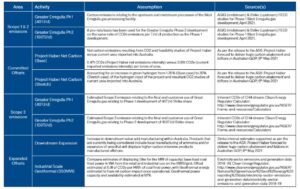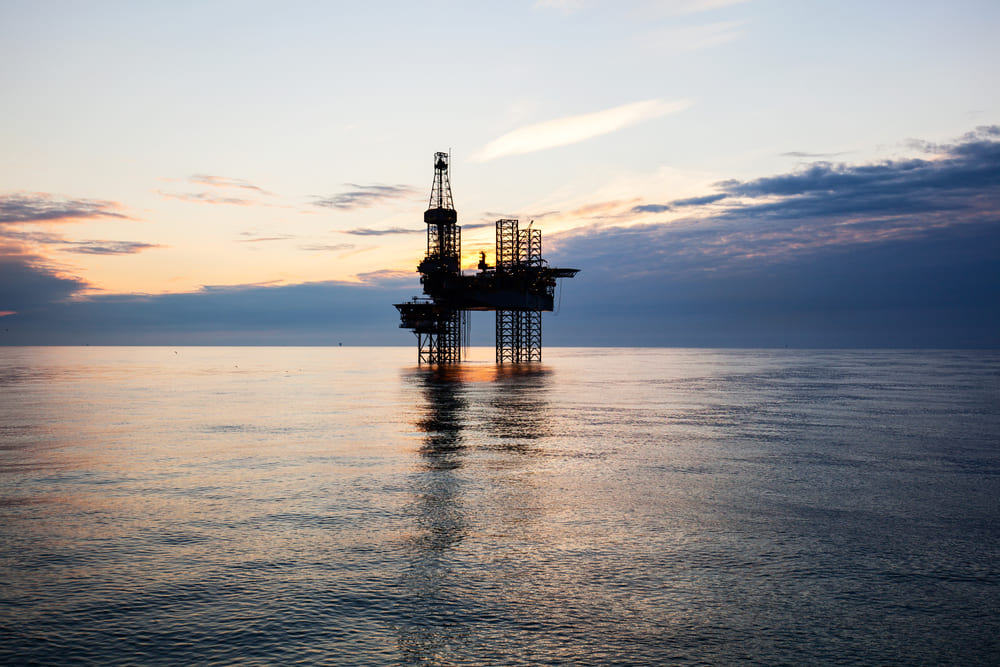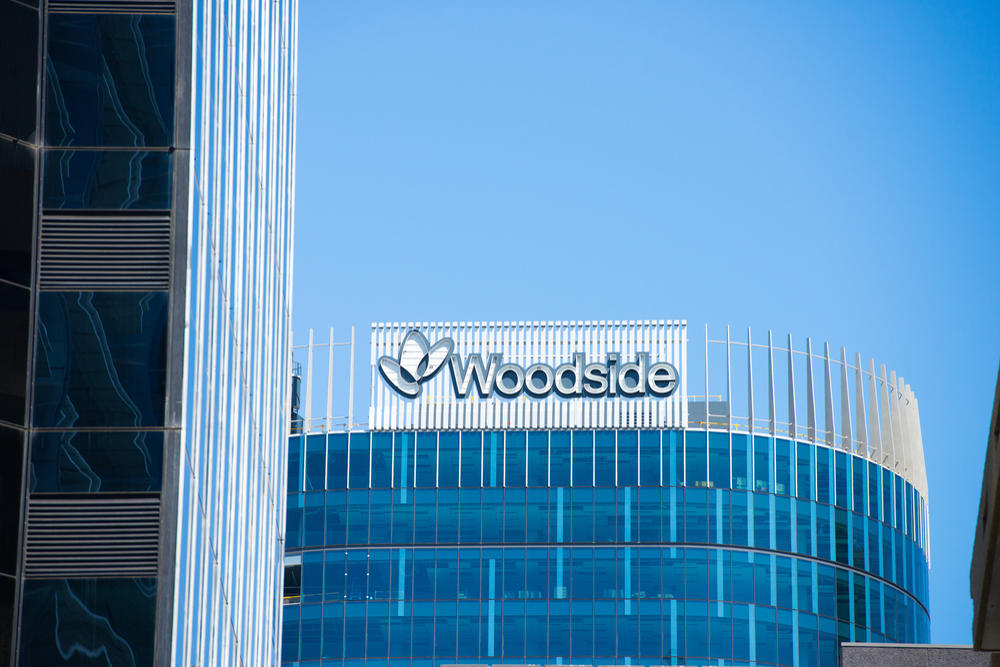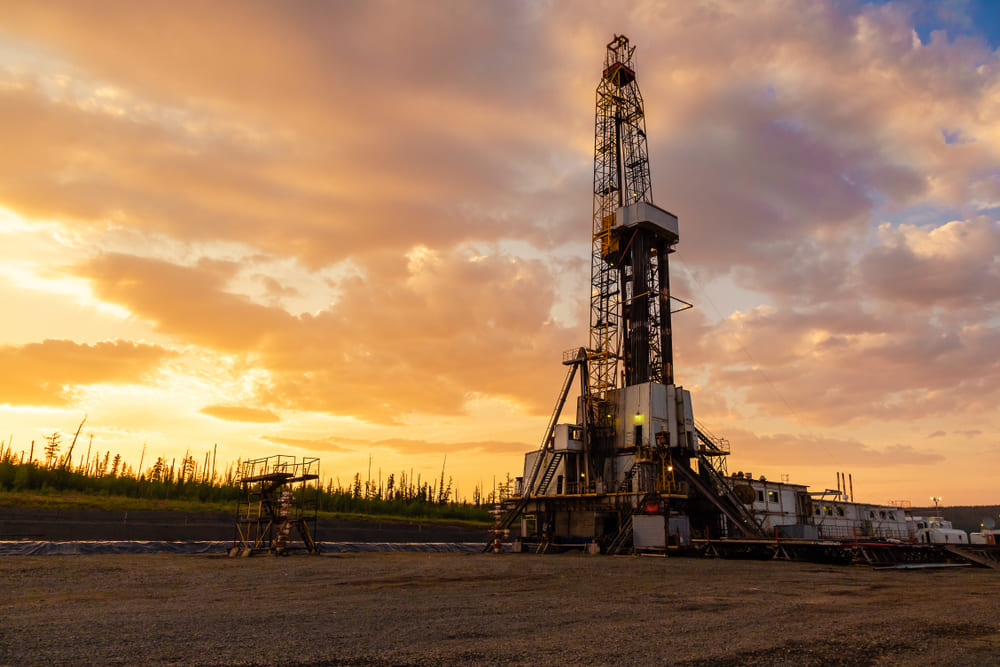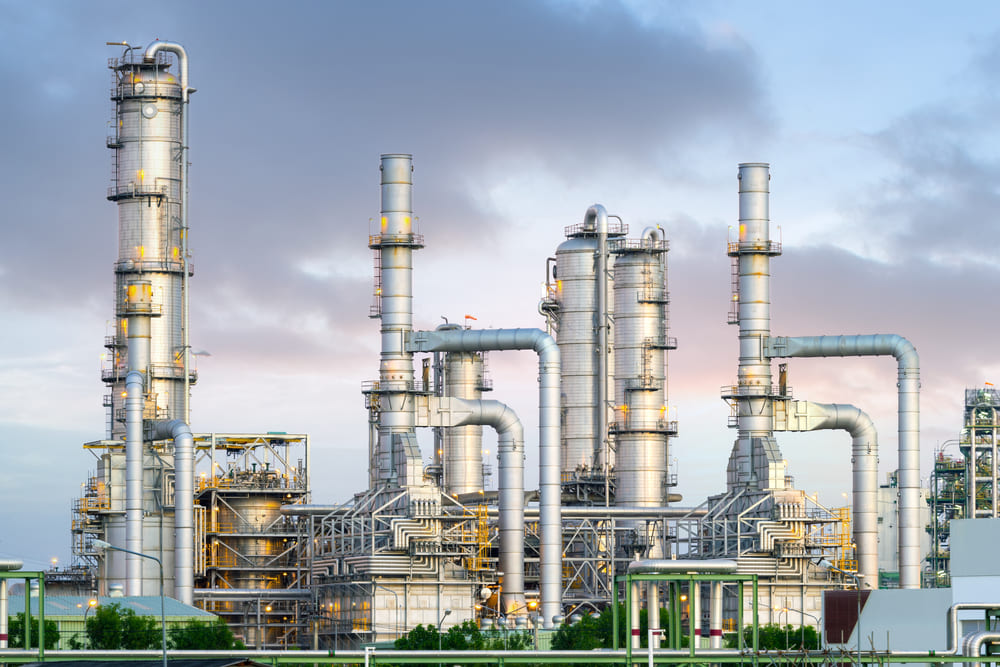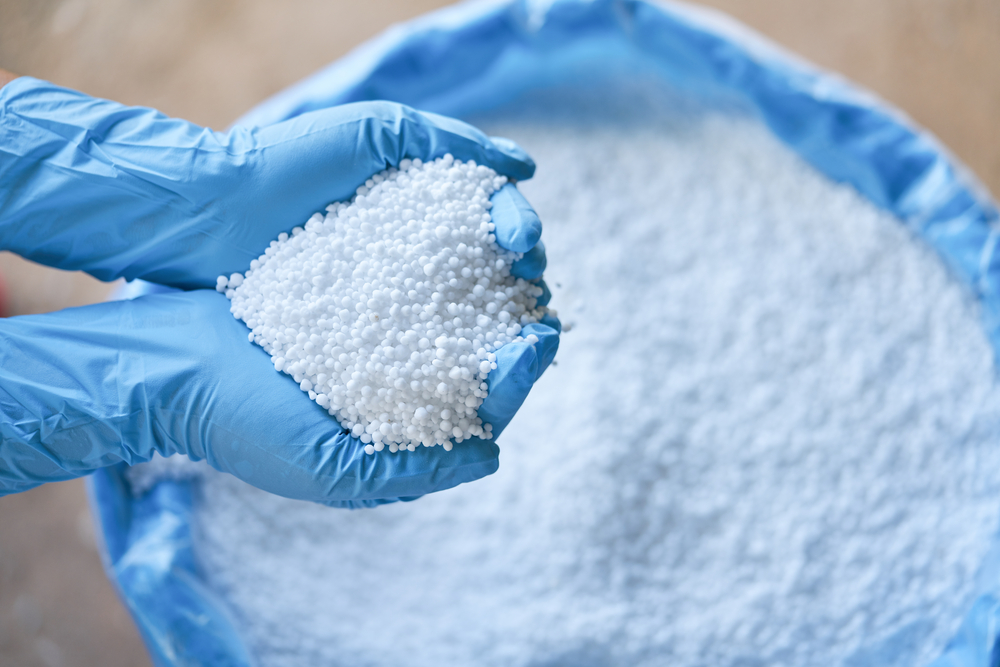
Strike Energy Limited has today announced its commitment to net-zero Scope 1 and 2 emissions by 2030 and its aspiration to become Australia’s first integrated energy company to deliver full Scope 3 offsets.
Australia currently imports almost all of its 1.9 million tonne per annum (Mtpa) urea fertiliser consumption. Strike is advancing Project Haber, which would see a 1.4 Mtpa urea fertiliser production facility built near Geraldton in Western Australia’s Mid-West Region.
The project would convert gas from Strike’s Perth Basin fields into urea fertilisers for distribution to Western Australian and Australian farmers, helping to reduce the nation’s reliance on international imports.
Strike’s CEO and Managing Director, Stuart Nicholls, said Project Haber is the enabler for Strike to make the ambitious target of achieving net-zero Scope 1 and 2 emissions by 2030.
“This commitment epitomises the broader value proposition of Strike’s downstream integrated strategy,” Mr Nicholls said.
“Strike continues to set the pace for the industry as it positions itself as a responsible and sustainable energy and fertiliser manufacturing company of the future.”
Mr Nicholls said if the company is successful with its Mid-West Geothermal Project, it would possess sufficient offsets to meet Strike’s aspirations of being Australia’s first net-zero energy company across all of its Scope 1, 2 and 3 emissions.
“This will create additional value as our net-zero emissions energy attracts premium pricing from industrial energy consumers who are making their own transition to a lower carbon future,” Mr Nicholls said.
“With a near term target and the contemporary nature of Strike’s business, its current Board and Management team will be the company’s custodians to be held to account against these ambitious targets.”
Strike’s three-step approach to carbon: minimise, use and remove
Strike aspires to drive the energy transition for Western Australia through an innovative ground-up approach utilising technology, domestic manufacturing of otherwise imported energy-intensive products, and complementary renewable power to drive its carbon emissions to zero.
Strike is building out an integrated business model that enables the consolidation of its approach to carbon along the product chain as a key-value driver, ultimately generating return accretive outcomes rather than margin reducing costs.
This value-add strategy is enabled via utilising the inherent low-cost and high-quality nature of Strike’s gas resources, facilitating it to transfer, consume and abate its own carbon throughout the downstream manufacturing processes, whilst potentially integrating its own renewable energy throughout its activities.
Net-zero 2030 – Scope 1 and 2
Strike is progressing with its planned domestic gas developments at the Greater Erregulla Gas Project and is targeting first gas for early 2023.
The initial phase of the development is expected to emit 48,000 tonnes of CO2e annually (Strike share) in Scope 1 and 2 emissions, where market-based offsets will be acquired until the mid-part of the decade.
Strike is targeting an additional 150 terajoules per day of domestic gas sales in Phase 2 to come online in 2024-25 which would increase Scope 1 and 2 emissions by approximately 180,000 tonnes of CO2e annually (Strike share).
On the basis Project Haber commences operations in the middle of the decade, Strike’s estimated Scope 1 and 2 emissions can be fully offset through Project Haber’s projected abatement of the carbon footprint that is otherwise associated with current imported urea.
Based on feasibility and pre-FEED studies, Project Haber’s CO2e reduction is estimated to equal 650,000-795,000 tonnes per annum [1].
Project Haber’s estimated Scope 1 and 2 offsets are expected to exceed that of the gas processing and production facilities for the Greater Erregulla Gas Project, which will provide Strike with surplus carbon offsets when at full production.
These surplus offsets provide headroom for Strike to maintain its commitment to net-zero 2030 (Scope 1 and 2) should additional domestic gas production come online.
Aspiration to net-zero Scope 3
Strike understands that in time it must take full responsibility for its Scope 3 emissions if it aspires to be a leader in the sustainable delivery of energy and industrial products.
Whilst not yet setting a Scope 3 target, Strike’s proposed integrated business model could enable the extension of its commitment to Scope 3 emissions dependent on the success and development timeline of both its Mid-West geothermal assets and expansion of its downstream activities [2].
The successful progression of its Mid-West geothermal assets could pave the way for up to 350 megawatts of industrial scale, 100 per cent renewable, fully dispatchable, geothermal power. This amount of energy has the potential to displace 2,749,000 tonnes of CO2e per year from Australia’s energy system, which represents the removal of 2 per cent of all the emissions from Australia’s electricity sector (source: Clean Energy Regulator) and would support the displacement of coal-fired power from WA’s South West Interconnected System (SWIS).
The company’s commitment
Strike’s Board of Directors believe the pursuit of this target and aspiration are at the core of the company’s identity and can translate into meaningful shareholder value.
In recognition of this, the Nomination and Remuneration Committee will look to set short, medium and long term targets to measure progress against Strike’s pursuit to net-zero by 2030.
Sources and assumptions in net-zero commitment
Strike’s net-zero Scope 1 and 2 2030 target is premised on the successful development of the proposed Project Haber 1.4 Mtpa urea facility to be located at Narngulu in Geraldton, utilising raw gas supplied from Strike’s South Erregulla Project, located in EP503 in the Perth Basin (Strike 100 per cent).
The successful development of Project Haber is contingent on, among other things, the proving up of sufficient gas reserves at South Erregulla, the outcomes of FEED on Project Haber, access to finance and (where required) equity participation, securing urea offtake agreements, and obtaining all requisite regulatory and stakeholder permits, approvals and authorisations.
The concept, feasibility and pre-FEED studies to date have been undertaken to determine the potential viability of Project Haber and to reach a decision to proceed with more definitive studies, and as such are indicative in nature only. The studies are based on low-level technical and economic assessments and are insufficient to provide full assurance of an economic development case at this stage or provide certainty that the conclusions of the studies will be realised and that the development of Project Haber will be commercially viable.
[1] For more information see Strike’s announcement on 6 May 2021.
[2] Strike has entered into an agreement for the acquisition of 100 per cent of the geothermal rights in the Perth Basin via the acquisition of all the issued shares in Mid West Geothermal Power Pty Ltd. Acquisition remains subject to completion of the acquisition. Refer to Strike’s announcement dated 1 April 2021 for further details.
